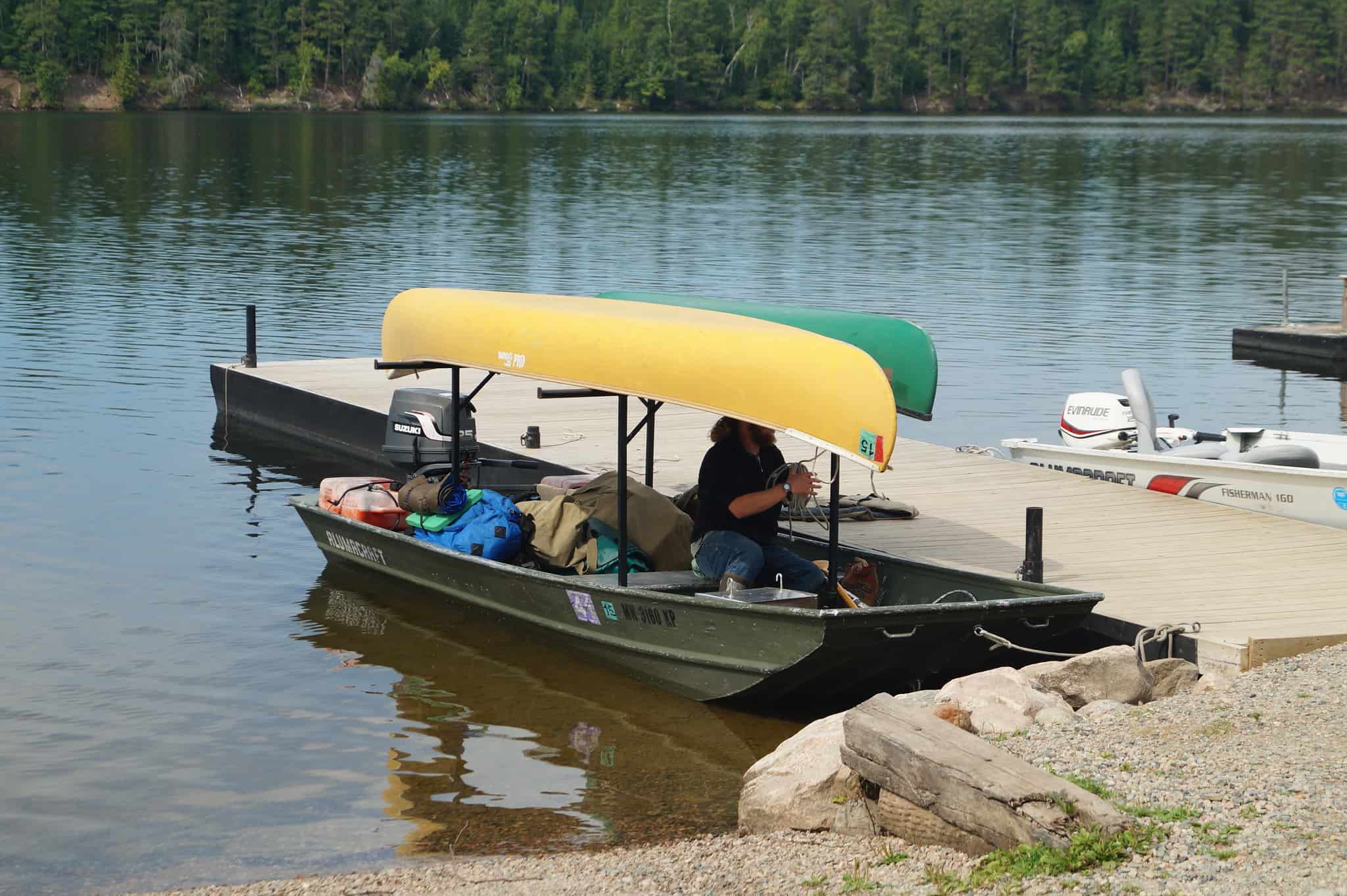
The agency in charge of managing the Superior National Forest is asking members of the public to weigh in on an assessment of recreational commercial services across its 3 million acres. This includes guides, outfitters, resorts, and other related businesses and organizations.
In a broad assessment, the Forest Service is looking at everything from motorized use to crowding concerns in parts of the Boundary Waters wilderness.
Agency leaders say they are seeking to strike a balance between economic opportunities and the effects of commercial operators, including motorboat use on authorized lakes in the Boundary Waters Canoe Area Wilderness. The assessment now underway is the first step in what the agency says will be a long process to evaluate needs and impacts, and possibly adjust policies.

“We are seeking feedback from the general public and our partners regarding the types, amounts and locations of recreational activities and services conducted on the Forest,” Forest Supervisor Constance Cummins wrote in a letter. “We are also requesting input on natural resource concerns such as campsite/portage impacts, social concerns such as crowding/noise, and general recreational commercial services comments.”
Examining these commercial services was spurred by a 2015 lawsuit by nonprofit group Wilderness Watch, which sought to reduce the use of tow boats that operate on motorized lakes in the wilderness to take people, gear, and canoes to nonmotorized points.
The ongoing use of such boats was written into the 1978 Boundary Waters Canoe Area Wilderness Act. It was to continue at the same level as at the time the legislation was passed in Congress. Starting in 1995, towboat operations were required to have a Special Use Permit, but were no longer counted under motor quotas, and passengers didn’t need a day use motor permit.
Wilderness advocates said the use was basically unregulated and existed outside the normal motorized use quotas.
“On typical summer days, the towboats are zipping back and forth, quite a bit on that chain of lakes,” Kevin Proescholdt, Minneapolis-based conservation director for Wilderness Watch, told MPR News in 2015. “And for those of us who prefer to paddle, it really diminishes the wilderness experience when there are these towboats zooming past us again and again and again.”
In a settlement, the Forest Service agreed to study the issue. It later decided to expand its assessment to include the whole National Forest, saying a more “holistic examination” would better serve the needs.
“The assessment takes into consideration the range of recreation opportunities for the area based on supply and demand,” Lisa Radosevich-Craig, USFS external affairs program manager and tribal liaison, told the Timberjay. “The analysis and resulting decision may lessen concentrated use or crowding and provide a more primitive experience if traveling on one’s own.”
Now some outfitters and guides say they are worried that the end result of the evaluation will be new limits on their business beyond any tow boat use. One Ely business-owner says the analysis ignores the valuable role in their businesses to help introduce new people to the wilderness, as well as help other visitors have safe and enjoyable trips.
“Additional wilderness criteria were developed to analyze the need for recreational commercial services in wilderness, and two criteria— safety and risk, and benefit to local economy— were not included,” Jason Zabortsky of Ely Outfitting Co. told the Timberjay. “The reasons for these exclusions include the idea that wilderness is meant to be a place where challenge and risk do occur and wilderness itself does not exist to benefit an economy in a tangible manner.”
Zabortsky also said the agency is considering limits to the number of wilderness visitors that outfitters and guides are allowed to serve, “a dramatic” change to a the system where the businesses decide how many people to serve.
Comment
Two public meetings about the assessment are being held this week, one in Ely and one in Grand Marais.
- 4:30-7:00 p.m., September 23, 2019 at the Vermilion Community College, 1900 E Camp St., Ely, Minnesota
- 4:30-7:00 p.m., September 26, 2019 at the Cook County Courthouse, 411 W Second St., Grand Marais, Minnesota
The Forest Service also provided a printable form for comments (PDF), which can be submitted by email to lee.stewart@usda.gov, mailing address: Superior National Forest, c/o Lee Stewart, 8901 Grand Avenue Place, Duluth, MN 55808.
More information:

